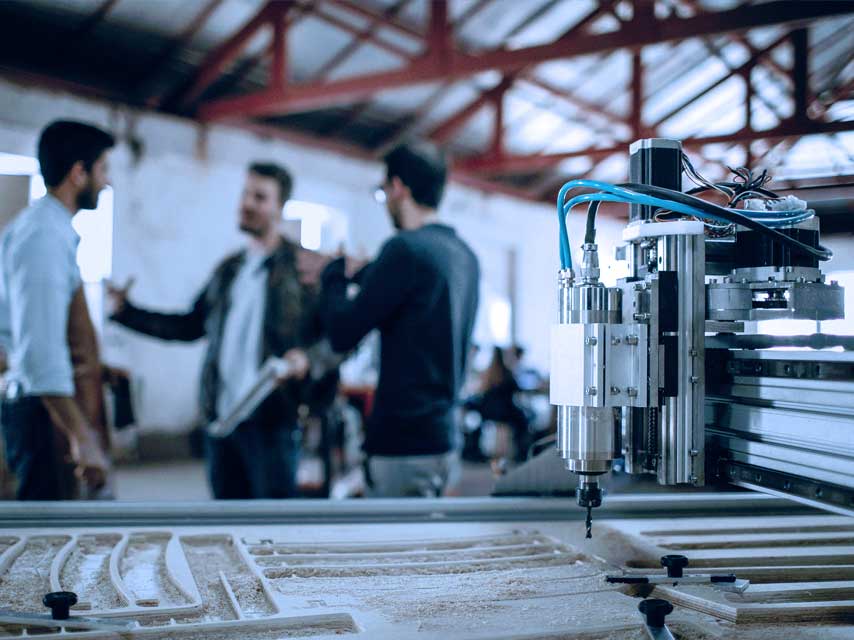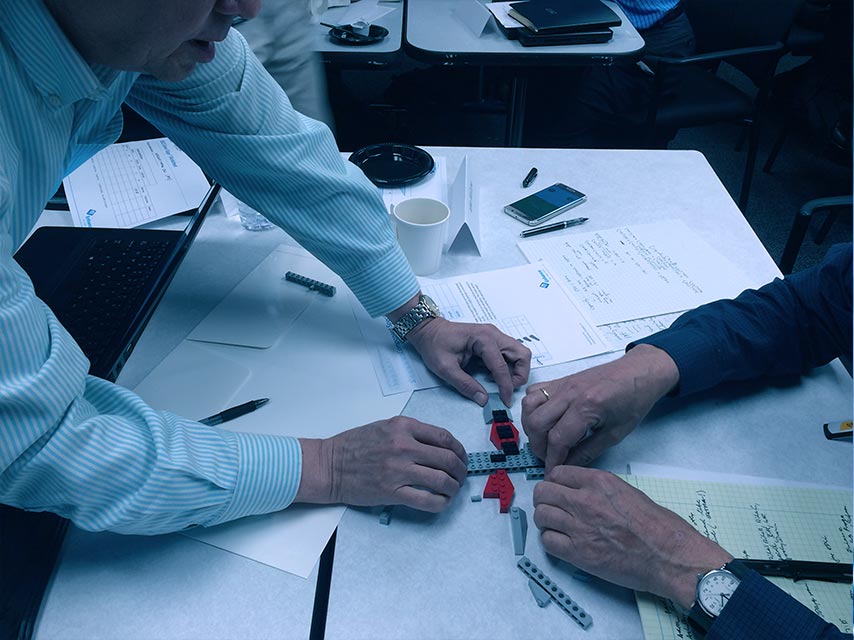Engineering projects go over budget, especially in R&D and new product development (NPD). In some cases, they go over by a few 100 thousand. In other cases, they go over by a few 100 million or more! Fortunately, I have also come across projects that did not go over. They intrigued me and I investigated them. I found that there were two main reasons for projects not going over budget. The first reason was that there was so much management reserve and undistributed budget that it was difficult to go over-budget. The second reason was that the organisations and teams were exceptionally strategic and intelligent in how they used their budgets.
Managing budgets can sometimes feel like the most difficult task in the world, destined to consume your time and energy, and still result in frustrating meetings and cost overruns. It doesn’t have to be that way. By altering the way that you view budgets and truly considering them to be investments instead, you can achieve so much more. Here are five misconceptions about going over-budget in engineering innovation and what to do instead.

Business games can also be used to evaluate the performance of a team and the way that they approach a problem. This can be particularly useful in engineering seen as we are always trying to solve problems. It’s a great way to allow people to make mistakes without the risks involved in a real situation.
1. It’s difficult to estimate ‘the fuzzy-front-end’ costs at the start
Early-stage-design, also known as ‘the fuzzy-front-end’ is considered the place where magic happens. Some people think it’s like art or creative writing where you don’t really know how long it will take and what’s really involved until you start. I remember asking a senior engineering manager about the process of new product development in their FTSE 500 company. He handed me an A4 sheet with a messy cartoon diagram on it, and said ‘this is the best representation we have’.

Early-stage-design, just like production tooling, is an activity. You invest in this activity to get certain outcomes, and there are well-known steps involved. If the project is planned well and orchestrated precisely, it will deliver results and not go over-budget. For this to be possible, budget communication and transparency are essential. When you know how long an activity has taken in previous similar projects and understand the time implications of new additions/technology you plan to integrate, then estimation should not be a problem.
2. Without underestimating, the projects would never go ahead
This misconception is prevalent in engineering and can actually be an insult to executives involved. Executives make crucial decisions on behalf of the company. To make good decisions, they need to be rightly informed. If they are given misinformation so that some projects go forward, not only can their strategies and plans fail, but new innovative projects will be considered problematic by shareholders and other stakeholders.

Some people might disagree with me on this point, particularly those who have experienced this issue first-hand. There may be some circumstances where rebelliousness can be justified, but dishonesty and acting on assumptions is a recipe for disaster. It is much better to build understanding, and communicate clearly about the fears towards innovation, R&D and NPD, and work through those fears so that everyone is on the same page. A united organisation is capable of so much more.
3. It’s because the customer changed their mind
When I started my career, I was obsessed about Lean thinking. The first principle of Lean thinking is: Focus on Value, especially customer value. So when I came across attitudes like contempt for customers, I knew there was a deep-rooted problem.
It is absolutely true that customers change their minds. We are all customers and we change our minds all the time. It’s normal, and part of being human. So why is ‘the customer’ changing their mind wrong? It’s not, and it should not cause you to go over-budget either.

Innovation excellence is when you are proactive in your approach and you anticipate changes that occur. It’s when you are well prepared for changes and can easily adapt to them. The speed of adaption itself may actually be a source of revenue and provide you with competitive advantage within your industry. I have had tough debates with leaders of ETO organisations regarding this. Some companies try to play tough business and be very rigid. They upset and put off their own customers. If, on the other hand, you welcome changes, customers feel more keen to do business with you. When customers request major changes to projects, new plans, budgets, and prices are required. That does not mean you go over-budget. It’s just the natural response to change.
4. You go over budget when your people make design mistakes
Engineering is a generative activity. In order to generate solutions, you have to experience failure. Failure and mistakes are an integral part of engineering, and it’s how we learn our way towards the solution. Obviously, these failures and design changes involved can be costly, especially when they occur later in the design process. They can have a massive impact on budgets and plans, but…
DESIGN FAILURE ISN’T THE PROBLEM!

The problem is that the mistakes and failures were allowed to happen late. That’s the real problem. If you run an R&D or NPD project, knowing that late design changes will be problematic, then make sure any major design mistakes, failures and changes happen as early as possible. Use the right design strategy and ensure your investments deliver in a way that doesn’t leave you scratching your head over budget control.
5. It’s because things happen that are out of our control
Covid-19 was not expected by most of us. Tsunamis and other natural disasters are situations that we’d rather not think about. So, it is true that things happen that are out of our control. But when you know that some things happen on projects over and over again, you can’t suggest that they are unexpected and out of your control. If a supplier generally doesn’t deliver on time, your marketing department struggles to clarify customer requirements, or projects regularly consume resources allocated to other projects, you can’t use the helpless card.

Engineering innovation is like white-water rafting. The situation is continuously changing and you have to keep everyone safe and happy, while continuously making progress. There will always be new challenges and you must use strategies to help you deal with the turbulent waters. At the same time, you should actively consider and address known challenges before they affect your projects and budgets.

In this article, I discussed five misconceptions about going over-budget in engineering innovation and what to do instead. Flipping the way you view budgets and truly considering them investments, will help you deliver to budget and be more successful in your innovation adventures. There are also many ways that you can be more strategic and intelligent in how you use your budgets and invest. I plan to discuss this in a future article.
Do you want to learn more about what you and your team may be doing to compromise innovation budgets? Join one of our coaches for a free online Lego game session and see what happens when you try to deliver a good NPD solution. To find out more, click here.






